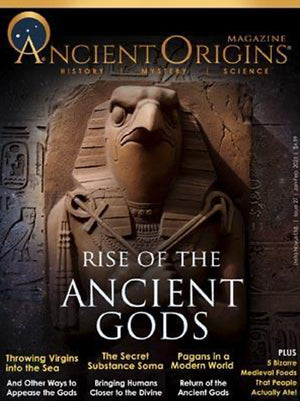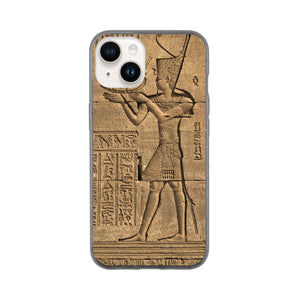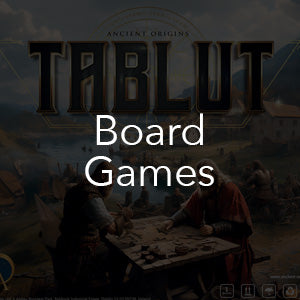
The Trojan War - Fiction or Fact?
- Regular price
- $16.00
- Sale price
- $16.00
- Regular price
-
- Unit price
- per
-
Product Information
Fiction: Homer’s Iliad depicts the narrative of an epic saga of a war fought between the Achaeans (Greece) and the Trojans (who were not Turks, but lived in what is now Turkey) during the late Bronze Age circa 1250 BC. The catalyst for the war is the abduction – or some say voluntary elope – of Helen, the most beautiful woman in the world and wife of Menelaus, king of Sparta, by Paris, prince of Troy and son of King Priam, on a trade envoy to Sparta. Menelaus urges his brother King Agamemnon of Mycenae and high king of the Achaeans, to enforce a pact all the suitors of Helen swore to protect her marriage to Menelaus. Agamemnon issues the ‘Call to Arms” and, after sacrificing his own daughter Iphigenia for fair winds, a thousand Greek ships set sail for the shores of Ilium/Troy. There ensues a war that lasts for ten years, as the walls of Ilium were built by Poseidon and Apollo and are impenetrable. Troy is breached and burnt to the ground, the king and princes killed, the women raped, and the queen enslaved and so ends the war… but not the legend.
Facts: In 1870 self-styled archaeologist Heinrich Schliemann began digging at a site in Turkey called Hisarlik. Schliemann had his lifelong dream fulfilled when he uncovered the citadel of Troy and a golden treasure he believed belonged to King Priam. He dug a trench which revealed nine layers of human occupation spanning from 2700 BC to 500 AD Roman time, but in his eager enthusiasm he amateurishly destroyed many artifacts and evidence. Archaeologists generally attribute level VI to Homer’s Troy. Some of the layers show destruction by fire – such as the first circa 2700 BC, and some by earth quake, some even of a long siege, but can any of these concretely prove that the Trojan War, actually happened?
Petros Koutoupis, independent historical researcher, conducts an investigation whether we can safely say if the Trojan war was indeed fact—or fiction.
Petros Koutoupis is an author and an independent historical researcher, focusing predominantly on the Late Bronze and Early Iron Age periods of the Eastern Mediterranean and general Near East. Fluent in modern Greek, Petros has additional knowledge in languages that include ancient & Biblical Greek, Biblical Hebrew, and a good fundamental understanding of Aramaic, Ugaritic, Phoenician, and Akkadian. He has always relied on the original sources for interpreting some of our most misunderstood historical and mythological texts. His most recent book is: Biblical Origins: An Adopted Legacy.






















